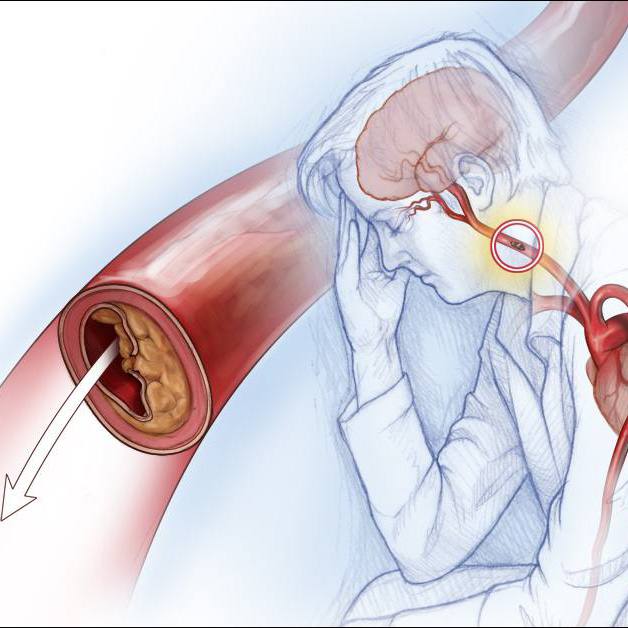-
Featured News
Consumer Health: Is your arthritis pain medication hurting you?
 Arthritis pain medications: Know the risks
Arthritis pain medications: Know the risks
Mild to moderate arthritis pain may be relieved with a combination of self-care measures and lifestyle changes. If you rely on over-the-counter pain relievers to help manage your arthritis pain, though, it's important to know the potential side effects. These include stomach bleeding; liver and kidney damage; and increased risk of high blood pressure, heart attack and stroke. Learn more from Dr. April Chang-Miller, a Mayo Clinic rheumatologist.
***
Also in today's tips ...
Is your cup of coffee sabotaging your weight-loss efforts?
A plain cup of brewed coffee has less than five calories and no fat, but the numbers rise when you start adding tasty extras. When you're at your local coffee shop, check out the nutrition information before you order. Some coffee drinks are more like dessert and can have hundreds of calories. Learn more from Katherine Zeratsky, a Mayo Clinic registered dietitian nutritionist.
Video: 'Melanoma — Early-Stage and Advanced Melanoma'
Melanoma may be diagnosed when a skin irregularity that is thought to be a mole becomes cancerous. The seriousness of the cancer is based primarily on tumor thickness, and melanomas generally fit into two categories. Learn more from this video.
Contact lenses: What to know before you buy
Tired of your glasses? Contact lenses may be the answer. The best type for you will depend on your vision problem, lifestyle and budget. Learn the pros and cons of common types of contact lenses and how to keep your eyes healthy while wearing them.
Botox party: Is it safe?
A Botox party — a social gathering at which Botox injections are given, often in a person's home — might seem like a comfortable way to get Botox treatments, sometimes at reduced rates. However, a Botox party may not have measures in place to ensure safe and effective treatments. Learn more from Dr. Lawrence Gibson, a Mayo Clinic dermatologist.
Related Articles







